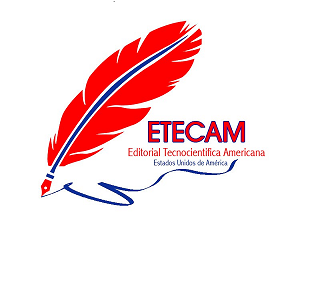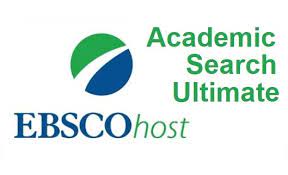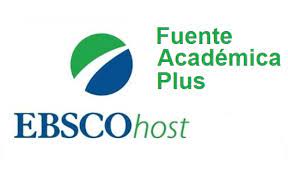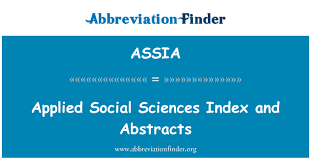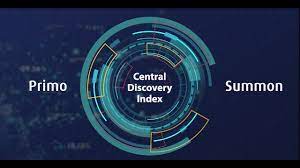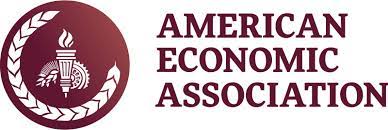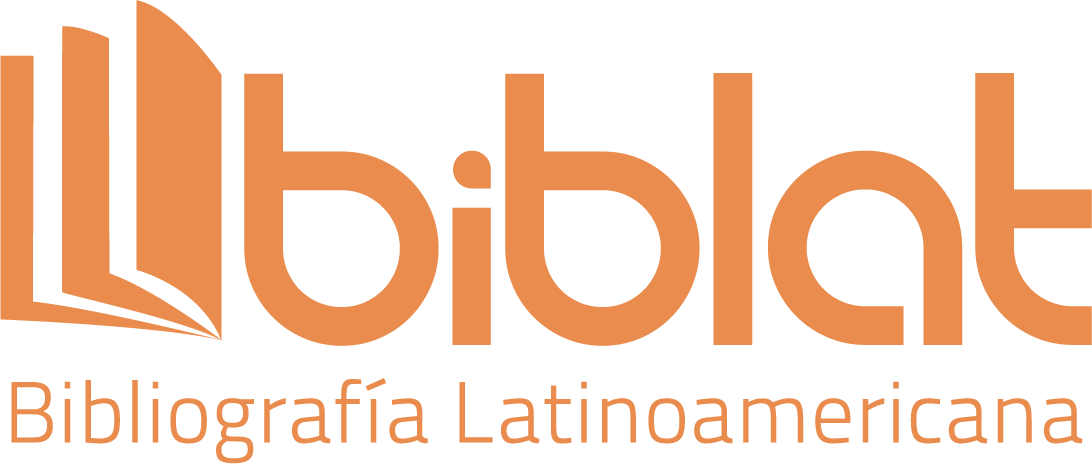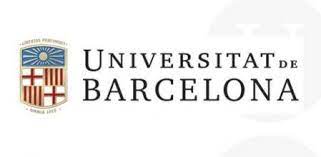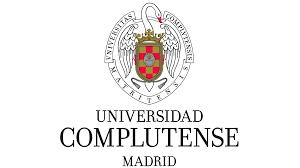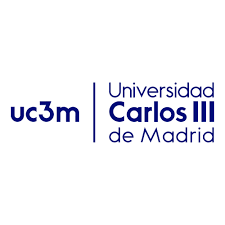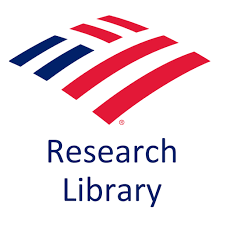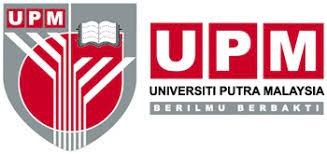Educational strategies to strengthen learning in students with autism spectrum disorder in the first grade of basic education
DOI:
https://doi.org/10.51736/sa.v7i3.340Keywords:
Autism Spectrum Disorder, inclusive education, educational strategies, first grade of basic educationAbstract
An effective educational approach for students with Autism Spectrum Disorder (ASD) is of vital importance to promote their inclusion and development. This study aimed to develop specific educational strategies to strengthen the learning and social skills of a student with ASD in first grade. The research was conducted at Fiscommissional, education unit Río del Cenepa during the period 2023-2024, focusing on a student with ASD as a case study. The sample included first grade teachers, who were interviewed to obtain valuable information on strategy implementation. The methodology addressed a comprehensive literature review, development of adapted educational strategies, validation with pre- and post-tests, as well as evaluation by expert judgment. The results indicated substantial improvements in academic performance, highlighting significant advances in reading, comprehension and application of mathematical concepts. In addition, a positive development in social skills was observed, evidencing the effectiveness of strategies focused on the promotion of social skills and personalized curricular adaptation. This study highlights the relevance of inclusive and personalized approaches in the education of students with ASD, providing educators and professionals with valuable guidelines to strengthen the educational process effectively.
Downloads
References
Alcalá, G. C., & Ochoa Madrigal, M. G. (2022). Trastorno del espectro autista (TEA). Revista de la Facultad de Medicina (México), 65(1), 7-20.
Bandrés, S. C., Toledo, S. V., Orús, M. L., & Baldassarri, S. (2021). La potencialidad de la tecnología en la medición del desarrollo de habilidades sociales en niños con TEA: un análisis desde parámetros fisiológicos. Revista de Investigación Educativa, 39(2), 445-462.
Bassette, L., Bouck, E., Shurr, J., Park, J., Cremeans, M., Rork, E., ... & Geiser, S. (2020). A comparison of manipulative use on mathematics efficiency in elementary students with autism spectrum disorder. Journal of Special Education Technology, 35(4), 179-190.
Cox, S. K., & Jimenez, B. A. (2020). Mathematical interventions for students with autism spectrum disorder: Recommendations for practitioners. Research in Developmental Disabilities, 105, 103744.
Davis, M. T., Watts, G. W., & López, E. J. (2021). A systematic review of firsthand experiences and supports for students with autism spectrum disorder in higher education. Research in Autism Spectrum Disorders, 84, 101769.
García-Cuevas, A. M., & Hernández, E. (2016). El aprendizaje cooperativo como estrategia para la inclusión del alumnado con tea/as en el aula ordinaria. Revista de Educación Inclusiva, 9 (2), 18-34.
Gómez-Marí, I., Sanz-Cervera, P., & Tárraga-Mínguez, R. (2021). Teachers’ knowledge regarding autism spectrum disorder (ASD): A systematic review. Sustainability, 13(9), 5097.
Gómez-Marí, I., Sanz-Cervera, P., & Tárraga-Mínguez, R. (2022). Teachers’ attitudes toward autism spectrum disorder: A systematic review. Education Sciences, 12(2), 138.
Klefbeck, K. (2023). Educational approaches to improve communication skills of learners with autism spectrum disorder and comorbid intellectual disability: An integrative systematic review. Scandinavian Journal of Educational Research, 67(1), 51-68.
Lapresa, D., Gutiérrez, I., Perez-de-Albeniz, A., Merino, P., & Anguera, M. T. (2021). Teacher-student-task-interactions in a motor skills programme for an adolescent boy with autism spectrum disorder: a systematic observation study. Journal for the Study of Education and Development, 44(3), 553-585.
Lauritsen, M. B. (2013). Autism spectrum disorders. European child & adolescent psychiatry, 22, 37-42.
Low, H. M., Lee, L. W., & Che Ahmad, A. (2020). Knowledge and attitudes of special education teachers towards the inclusion of students with autism spectrum disorder. International Journal of Disability, Development and Education, 67(5), 497-514.
Morán, M. L., Hagiwara, M., Raley, S. K., Alsaeed, A. H., Shogren, K. A., Qian, X., ... & Alcedo, M. Á. (2021). Self-determination of students with autism spectrum disorder: A systematic review. Journal of Developmental and Physical Disabilities, 1-22.
Moscoso, J. N. (2017). Los métodos mixtos en la investigación en educación: hacia un uso reflexivo. Cadernos de pesquisa, 47, 632-649.
Ruble, L. A., Love, A. M., Wong, V. W., Grisham-Brown, J. L., & McGrew, J. H. (2020). Implementation fidelity and common elements of high quality teaching sequences for students with autism spectrum disorder in COMPASS. Research in autism spectrum disorders, 71, 101493.
Van Tran, C., Pham, M. M., Mai, P. T., Le, T. T., & Nguyen, D. T. (2020). Inclusive education for students with autism spectrum disorder in elementary schools in Vietnam: The current situation and solutions. International Electronic Journal of Elementary Education, 12(3), 265-273.
Vasa, R. A., Keefer, A., McDonald, R. G., Hunsche, M. C., & Kerns, C. M. (2020). A scoping review of anxiety in young children with autism spectrum disorder. Autism Research, 13(12), 2038-2057.
Published
How to Cite
Issue
Section
License
Copyright (c) 2024 Jennifer Rosario Calderón Arias, Katherine Fernanda Mera Morales, Nelly Hodelín Amable

This work is licensed under a Creative Commons Attribution-NonCommercial-ShareAlike 3.0 Unported License.













